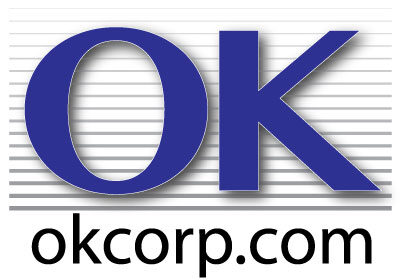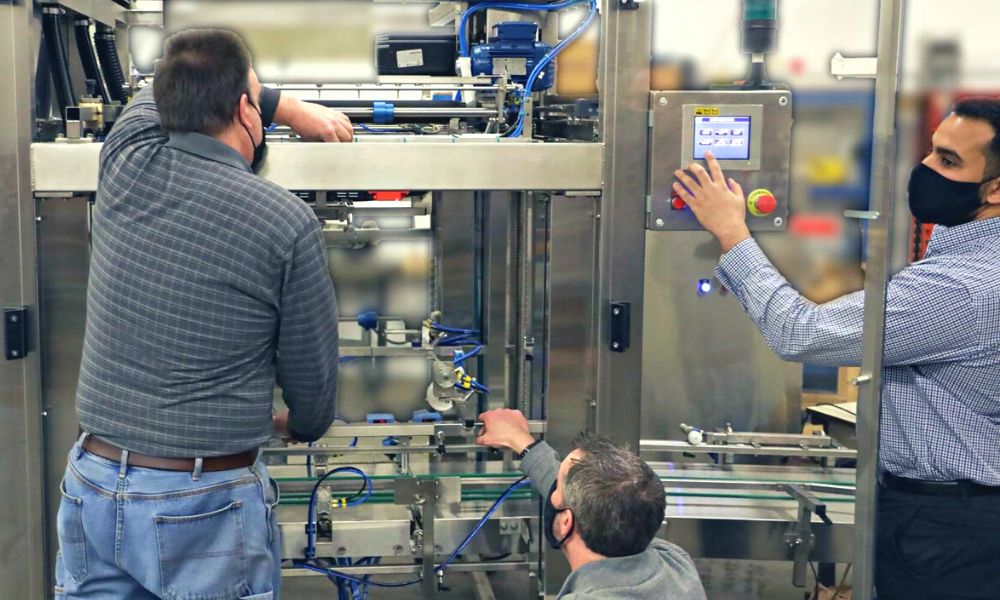Warehouse managers don’t enjoy bottlenecks. They signify the opposite of things running smoothly on the line. End-of-line packaging bottlenecks may happen even when you’re trying to avoid them. Here are three ways to identify end-of-line packaging bottlenecks so that you can fix the issues. Running an efficient business will lead to growth.
Consistently Running Through Packing Materials
Employees have to stop what they’re doing to restock packing materials. This process is when the bottlenecking happens. Staff members are trying to hurry and get everything they need, but the orders keep coming in.
Automation machines can help eliminate this bottlenecking from continuously happening. A case erector machine will build boxes in seconds flat, leaving your staff to focus on better, more complicated tasks. Ensure you’re staying on top of material orders because running out of anything creates a bottleneck. No company wants to deal with that.
Packers Have Zero Space
Your team members need enough space to pack orders efficiently. Creating a stuffy and cramped packing area will turn efficient packers into slow ones. People will fight over space, bump into each other, and create clutter amid the abundance of packing materials.
Maximizing space is important, but you need to give employees room to pack orders effectively. If people do not have enough space to work, they will begin arguing and slowing down, which will lead to bottlenecking. Avoid conflict and slowdowns by providing each packer with sufficient packing space. Expand the workspace if needed so that everything can flow and operate efficiently. Clean and organized workspaces help workers stay on top of tasks.
Too Many Machines Breaking Down
Machines breaking down is one of the most common reasons a business will experience bottlenecking. You may have to wait hours or days for a maintenance worker to come out and fix the issue. This problem translates to thousands of dollars lost for your company.
If your machines break down too often, it’s time to invest in preventative maintenance. Maintenance workers can find problems and fix them right away. Plus, their expertise will help your equipment work more efficiently. You’ll limit the number of breakdowns experienced and clear up any bottlenecking. Also, try keeping spare parts on hand for quick fixes.
No company wants to experience packaging bottlenecking, but identifying what’s happening will help clear up the issues. You’ll be able to pack orders more effectively and allow your staff to work efficiently.

